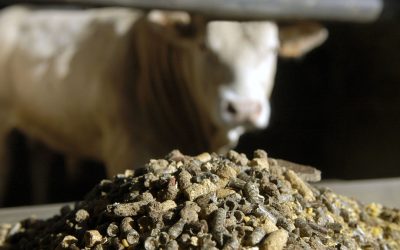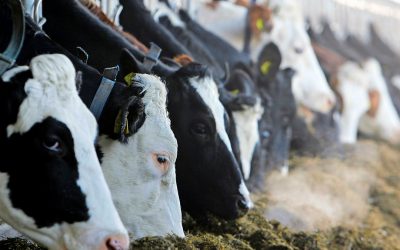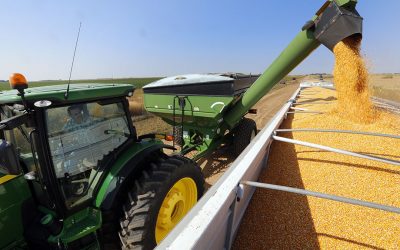Saudis to boost Sudan agriculture investment
Saudi Arabia is encouraging its private sector to develop farming projects in Sudan as the government in Khartoum eases procedures for investors, Saudi Agriculture Minister Fahd Balghunaim said.
Saudi Arabia aims to grow cereals and animal feed in the northeast African country “because these crops consume large quantities of water,” Balghunaim said.
Saudi Arabia started in 2008 to encourage food companies to invest in Africa and Asia in order to reduce local grain production and conserve water.
The government aims to cease cultivation in the country of water- intensive crops, including wheat, by 2016, according to the United Nations’ Food and Agriculture Organization.
The government has drawn up a list of countries, including Sudan, where it seeks an easing of investment restrictions and in which it encourages private investment, the minister said.
Saudi Arabia’s Al Rajhi Group started production of “all kinds of crops” in Sudan last year, and Riyadh based National Agriculture Development Co, known as NADEC, is also investing in Sudan, though it hasn’t started production, the minister said.
More Saudi companies may invest in Sudan, he said.
The Kingdom may purchase 2 million metric tons of wheat this marketing year, and imports may exceed 3 million tons in 2016, FAO said in a report in October.
The country may import 11.9 million tons of cereals in the marketing year through June 2011, up from 11.7 million tons in the prior period, according to FAO data.
The Sudanese government is working on attracting foreign investors into non-oil sectors such as gold mining and agriculture.











